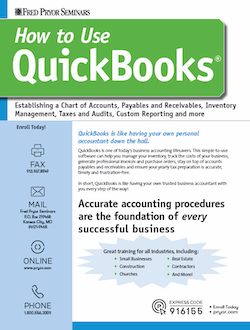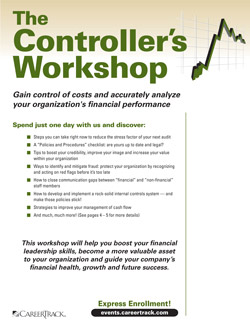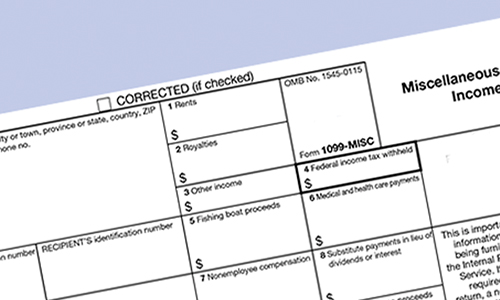Why is Finance & Accounting Training Important?
With more than 1.5 million people working in finance and accounting roles, narrowing finance and accounting skill gaps and ensuring spreadsheets have zero critical errors is paramount.
From training on cash flow forecasting to inventory and cycle counts to understanding financial statements and tax implications, Pryor’s award-winning finance and accounting training imparts core Generally Accepted Accounting Principles (GAAP), along with must-know finance, collection and bookkeeping skills, guaranteeing that your team is up to date with accounting standards and financial regulations.
What Skills will you Learn from Pryor Learning’s Finance and Accounting Classes?
These finance and accounting courses can offer a wide range of topics for your employees. You will learn key finance concepts such as how to bookkeep, how to read financial statements, properly budgeting financial statements, and many more, ranging from accounting classes for beginners to experts looking to expand their knowledge.
The skills you can gain include:
- A classification of cash-flow statements and reporting
- Corporate tax saving opportunities
- Federal rules, statutes, and regulations
- Debt collection practices
What Accounting Software Courses are available from Pryor Learning?
You will have access to finance courses that can teach you how to use QuickBooks, Excel and HelpDesk.
What are the Outcomes of Pryor Learning’s Business Finance and Accounting Courses?
Beyond newfound knowledge or refreshed technical skills, you may earn a career certificate, which can be added to your LinkedIn profile, resume or even a CV, along with being an important asset during job interviews or a performance review.
What if I want to take multiple courses on Finance and Accounting?
For individuals or teams who are curious in our range of online and in person courses, PryorPlus is the best way to get unlimited access to our entire catalog of courses.
Why Train with Pryor Learning?
- Over 50 years in the learning and development industry
- Award-winning training for individuals and teams
- Learn online anywhere, anytime or at in-person events
- Professional credits and certifications
Types of Finance & Accounting Training
- Live virtual seminars
- In-person events
- Live and on-demand webinars
- Downloadable products
- A component of your PryorPlus annual pass












